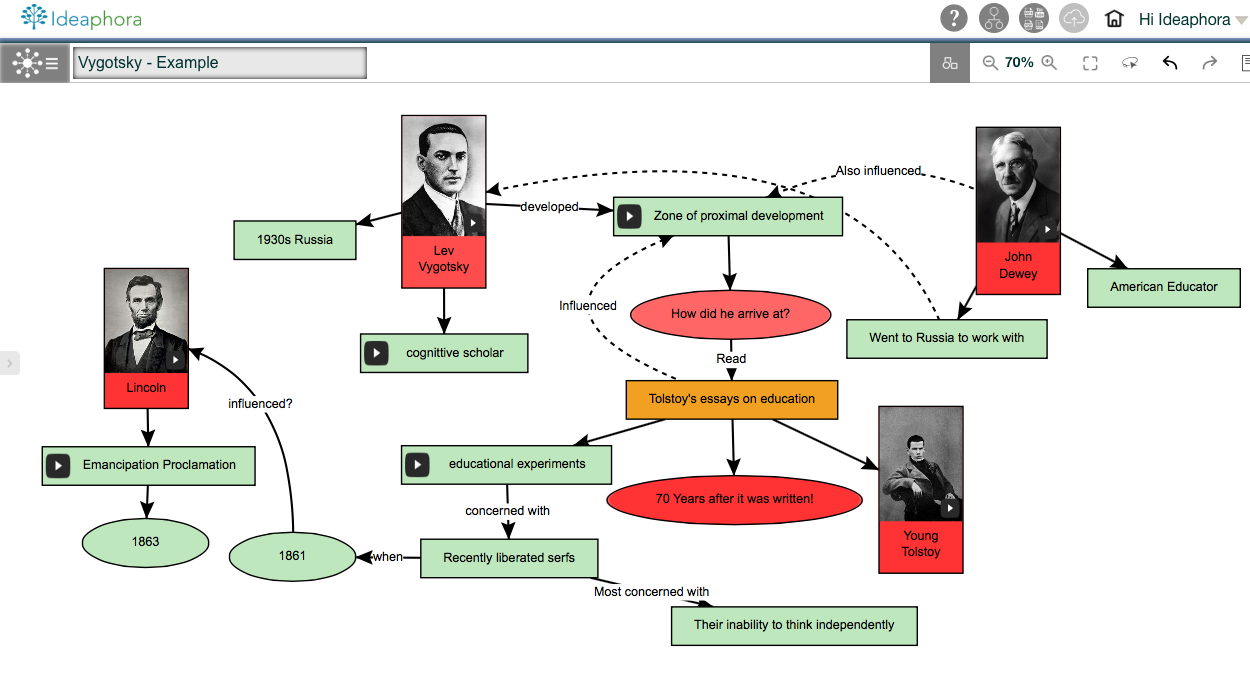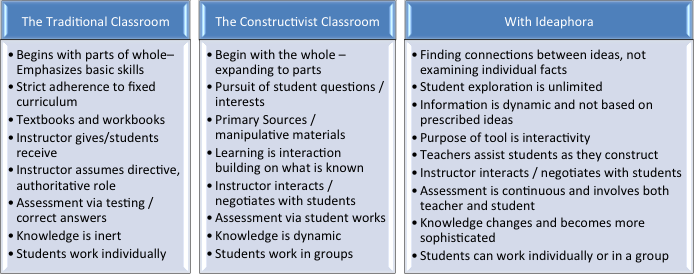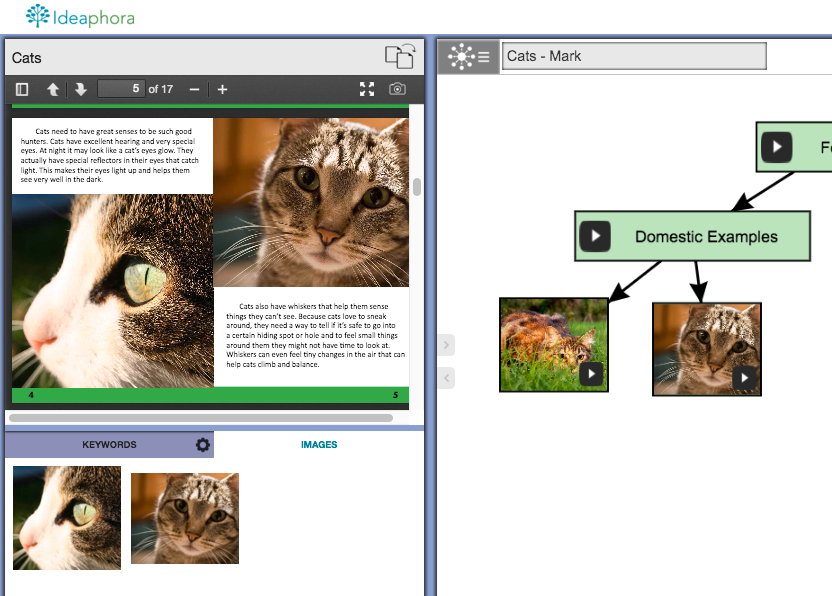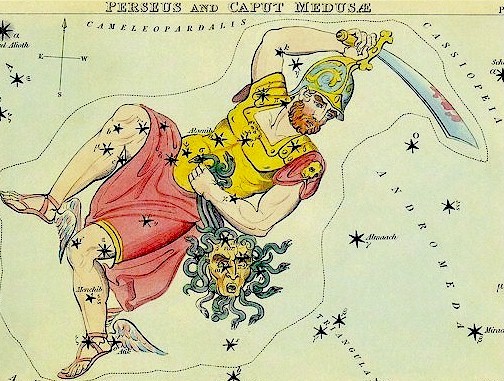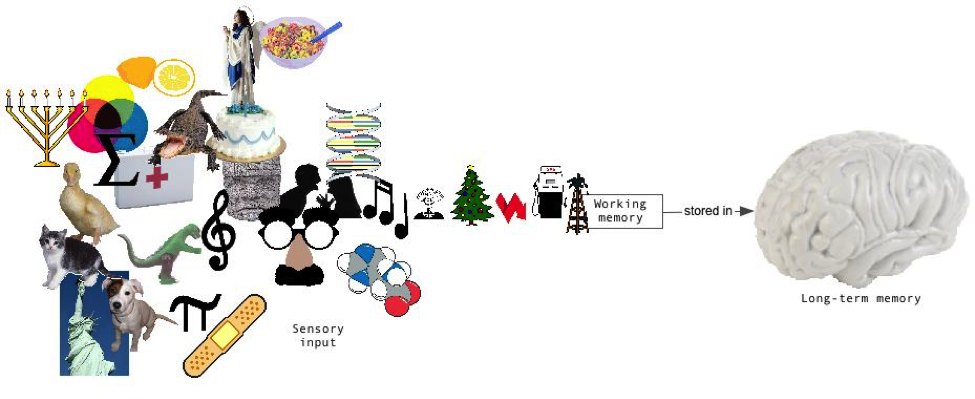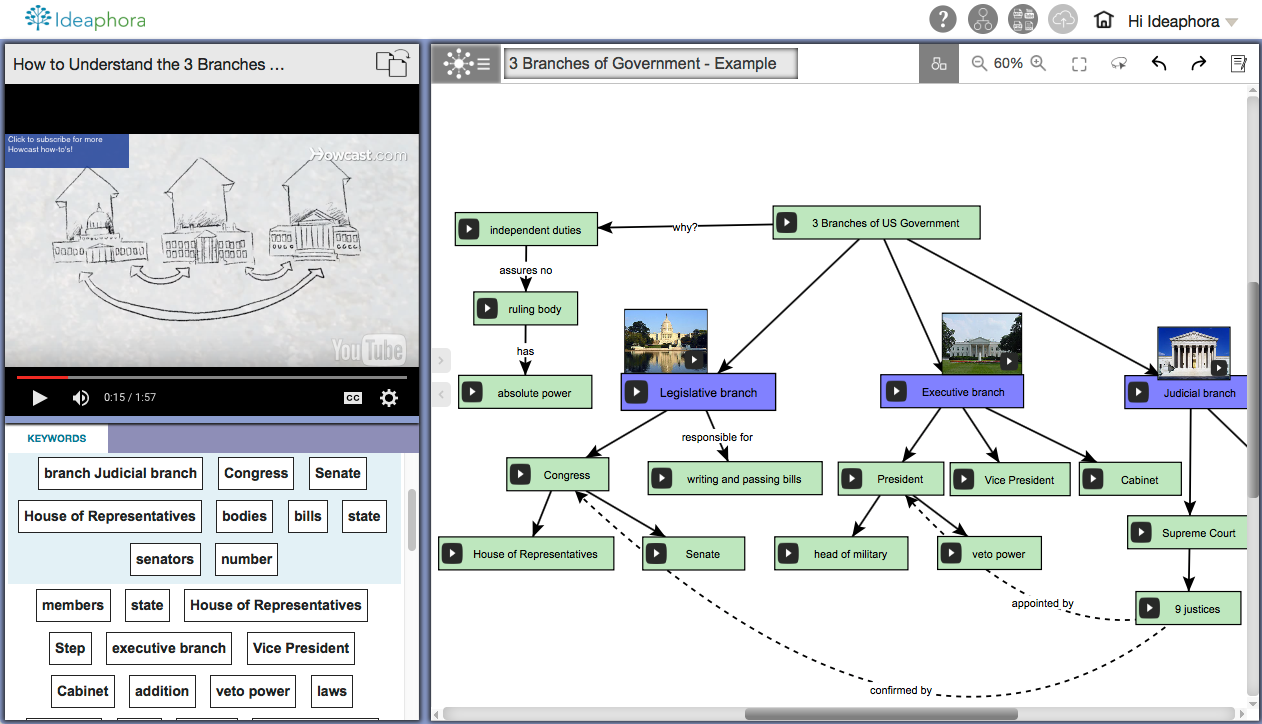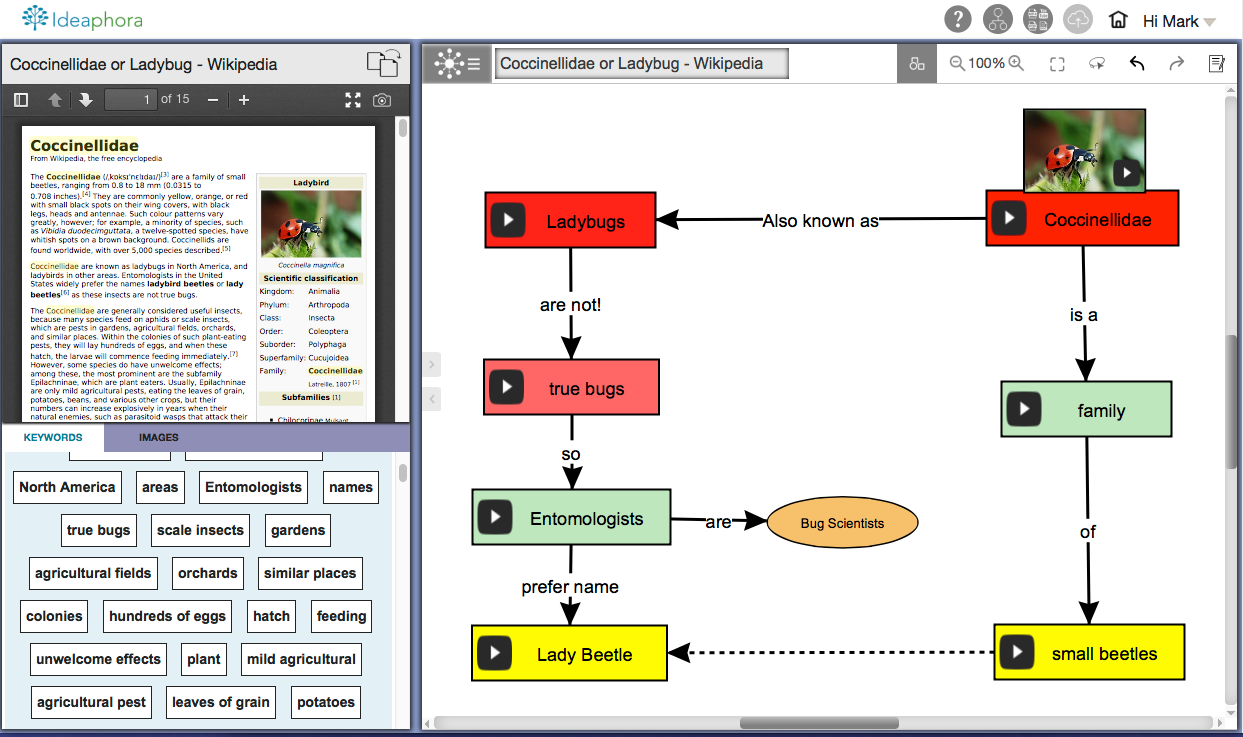This post is written by Mary Chase, Ph.D., an expert in curriculum design, literacy education, and technology integration.
In previous posts, we’ve explored a variety of theories and educational approaches, and as I’ve written, opportunities to reflect on my own teaching practice have arisen. When I look back over the years (I started teaching in 1980!), I realize that one of the greatest lessons I’ve learned came from one of my dissertation advisors, the great Donald Graves. Whether in class, participating in a research project or just living his life, Don reminded us that teachers must be practitioners of the skills we teach, and show our students how important reading, writing and critical thinking are to our own lives. We had to make our own learning and discovery visible to them, not just “preach” a curriculum. I teach writing, and it has made a huge difference for me to write with my students, allowing them to watch me struggle and think and find my way to a meaning I didn’t even know was there.
As we’ve seen, the Ideaphora knowledge mapping environment offers a powerful way for students to work through their thinking, decode text and, perhaps most importantly, find connections between ideas to trigger new insights. But what about us sharing our own discovery and thinking with our students? Ideaphora also makes it easy for us to include students in the journey as we make our own inroads to learning.

